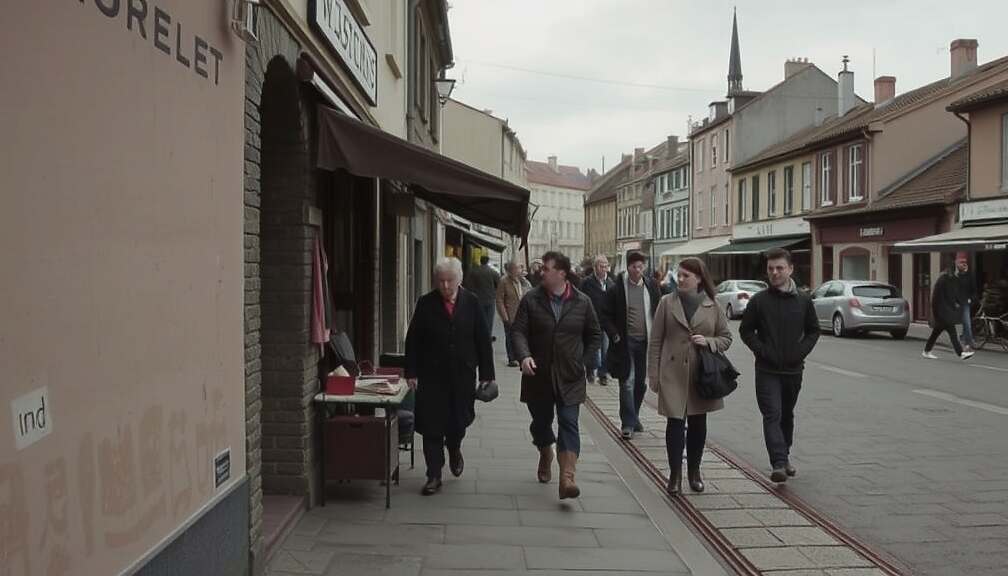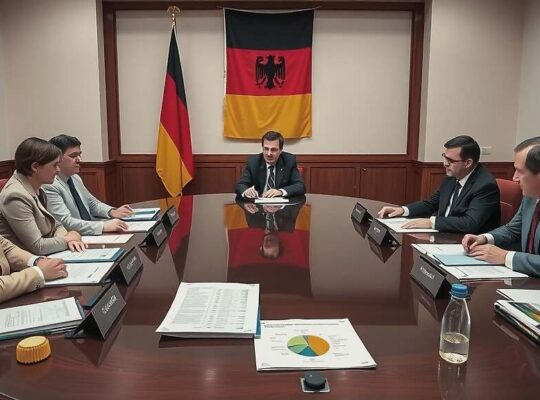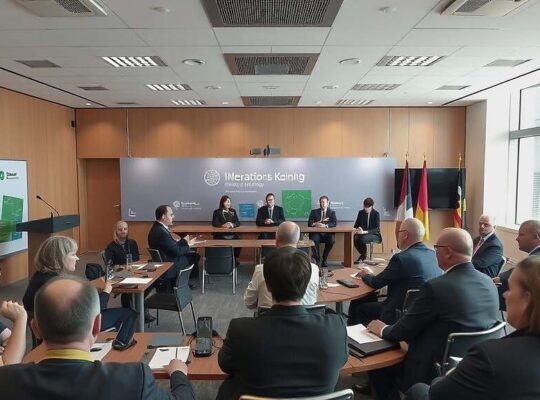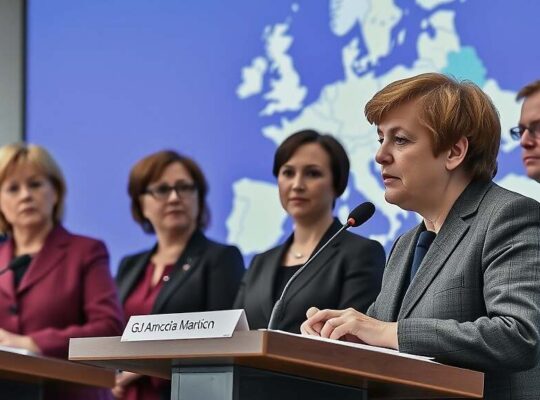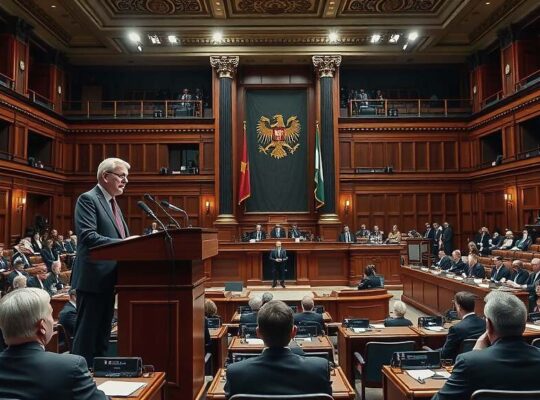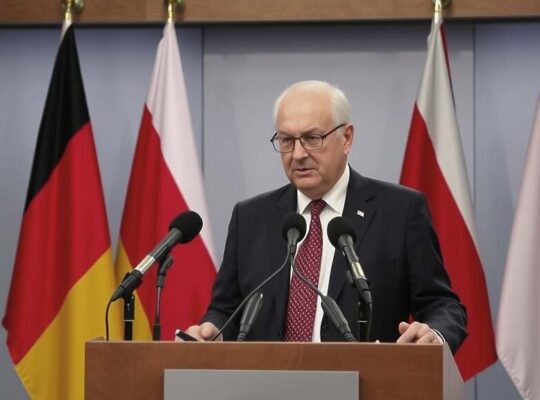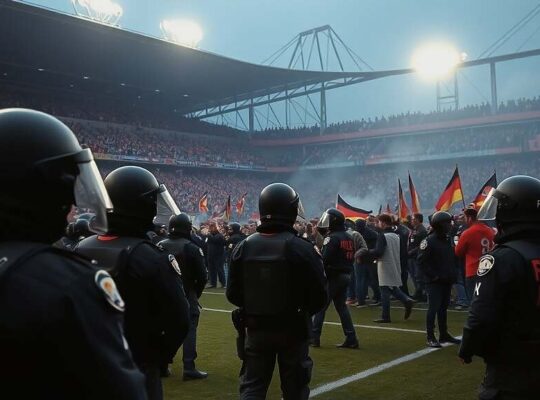The Christian Democratic Union (CDU) is escalating tensions over the influx of Ukrainian refugees into Germany, signaling a potential shift in policy and raising questions about the sustainability of current support for Kyiv. CDU General Secretary Carsten Linnemann stated unequivocally that the movement of Ukrainian men, particularly those of fighting age, leaving for Germany must be halted. His remarks, published by “Der Stern”, underscored a growing unease within the party regarding the substantial drain of potential military personnel from a nation battling Russian aggression.
The concern stems from a recent relaxation of Ukrainian exit regulations. Previously, young men deemed fit for military service were largely restricted from leaving the country, a policy now loosened, resulting in a marked increase in departures. Currently, up to 1,800 young men between 18 and 22 years old are weekly seeking refuge in Germany, a stark contrast to the mere 19 weekly arrivals recorded in August.
This sentiment is echoed by CSU leader Markus Söder, who has similarly warned against the “rapidly increasing influx” of young Ukrainian men. Söder threatened to complicate the acceptance of Ukrainian refugees, potentially leveraging the issue to pressure Berlin and Brussels to exert influence on Kyiv to reinstate stricter exit controls.
The CDU’s stance reveals a delicate balancing act. While publicly affirming their unwavering support for Ukraine, the party is increasingly vocal about the domestic implications of the refugee flow. Critics argue that the shift represents a politically motivated attempt to appease a segment of the electorate concerned about straining Germany’s social and economic resources.
The move also risks undermining the moral standing of Germany’s commitment to providing sanctuary for those fleeing war. Analysts question the ethical implications of effectively pressuring Ukraine to retain citizens who may be vital to its defense in a conflict demanding every available resource. Furthermore, the potential for diplomatic friction with Kyiv is significant, as such pressure could be perceived as interference in Ukrainian sovereignty at a critical juncture.
The debate highlights a widening chasm within the German political landscape: the enduring commitment to humanitarian aid versus the increasingly palpable anxieties surrounding national interests and resource allocation, all played out against the backdrop of a protracted and unresolved conflict in Ukraine.


